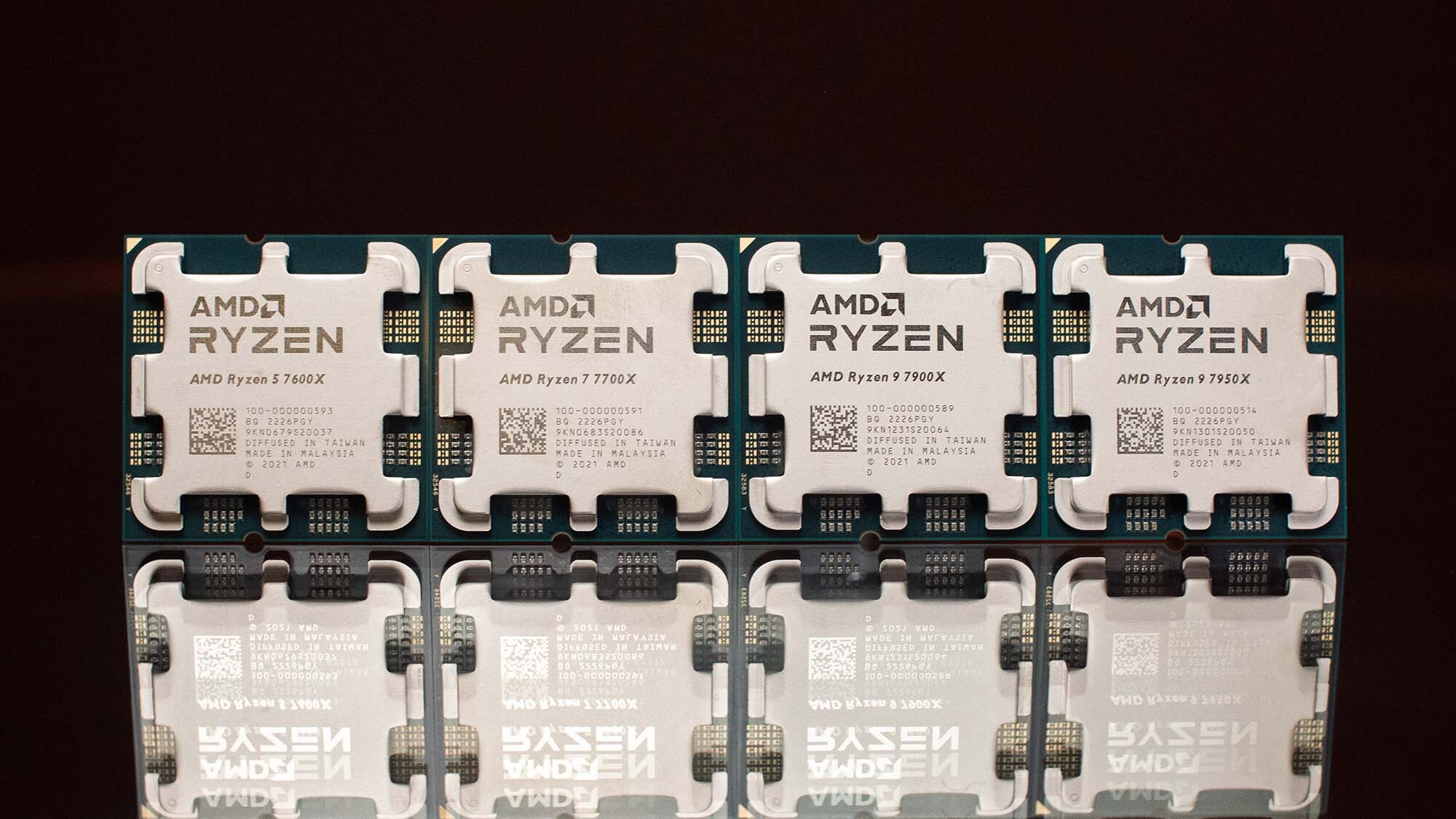AMD Ryzen 7000 gives Windows users the perfect reason to move to Linux
Zen 4 processors pull off a really clever trick with security measures in Linux

AMD Ryzen 7000 processors are now on sale, and those running the silicon in Linux PCs will apparently find the CPUs are faster with security mitigations turned on, which is counterintuitive for sure.
This is according to a report from Phoronix.com which tested out Linux 6.0 with the new Zen 4 chips – specifically the flagship Ryzen 9 7950X – and the mentioned security functionality, which consists of mitigations against the Spectre vulnerability (on multiple fronts).
Of course, turning on such defenses comes with the expectation that you may have a slight performance hit – or a heftier one, or perhaps at best your system might be pretty much unaffected. But what you definitely wouldn’t expect is that it’d run faster with the mitigations applied.
So, with the security mitigations turned off, a route some folks might take to chase better performance, the Linux system is actually being slowed down – while leaving it more vulnerable to exploitation at the same time. A lose-lose situation if ever there was one.
Analysis: Here comes the caveat, but it’s a very minor one
Advantage Linux, then? Well, yes, but there is a caveat here – as is usually the case – namely that the Ryzen CPU was faster with the defenses turned on in the majority of cases, but some synthetic benchmarks were quicker with mitigations off. Not many, though, and there’s no real argument as to whether or not you should turn on the mitigations.
Overall, the Ryzen 9 7950X was 3% faster on average with the mitigations enabled over a large swathe of tests, with particularly big boosts for browser-based apps. And as mentioned, you’ve got a better protected PC, too, so it’s the very definition of a no-brainer here.
Phoronix notes that it hasn’t conducted a deeper dive to find out the reason this is the case, mainly because you really shouldn’t be turning off security measures like this on your PC anyway, for obvious reasons. But it’s certainly an interesting revelation, and AMD would appear to get full marks here for preparing Zen 4 very well around applying these defenses to ensure performance isn’t hampered (and indeed, the opposite is the case).
Sign up to the TechRadar Pro newsletter to get all the top news, opinion, features and guidance your business needs to succeed!
Via Tom’s Hardware
Darren is a freelancer writing news and features for TechRadar (and occasionally T3) across a broad range of computing topics including CPUs, GPUs, various other hardware, VPNs, antivirus and more. He has written about tech for the best part of three decades, and writes books in his spare time (his debut novel - 'I Know What You Did Last Supper' - was published by Hachette UK in 2013).